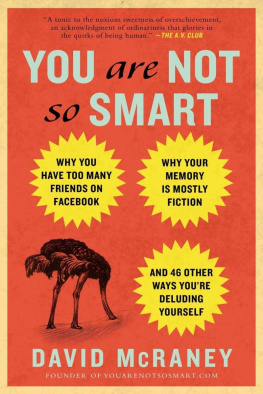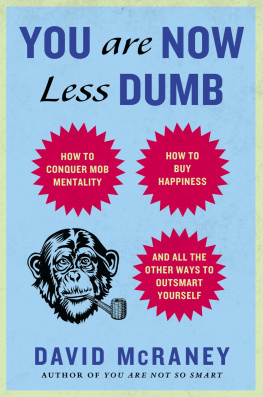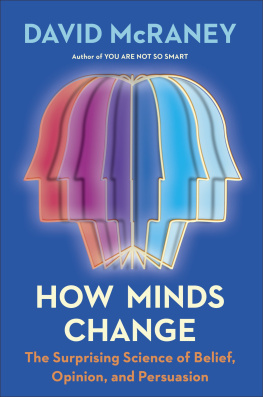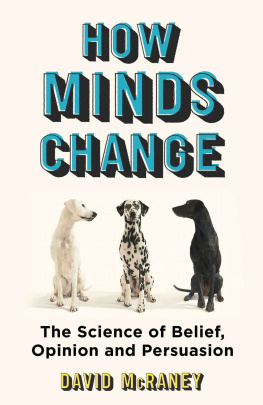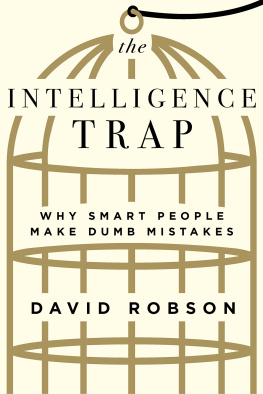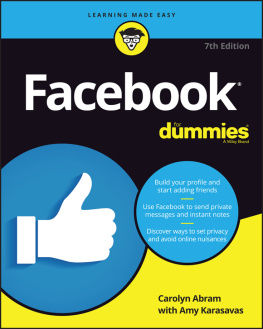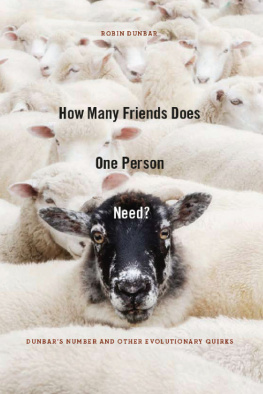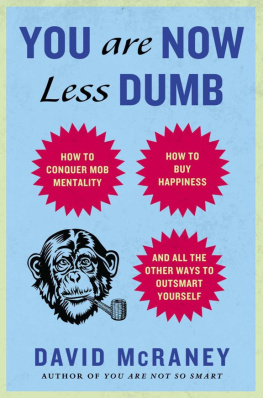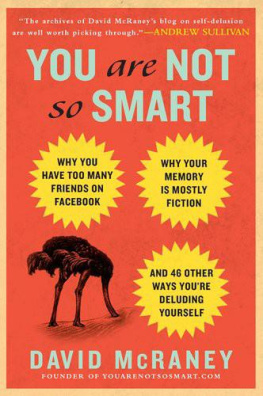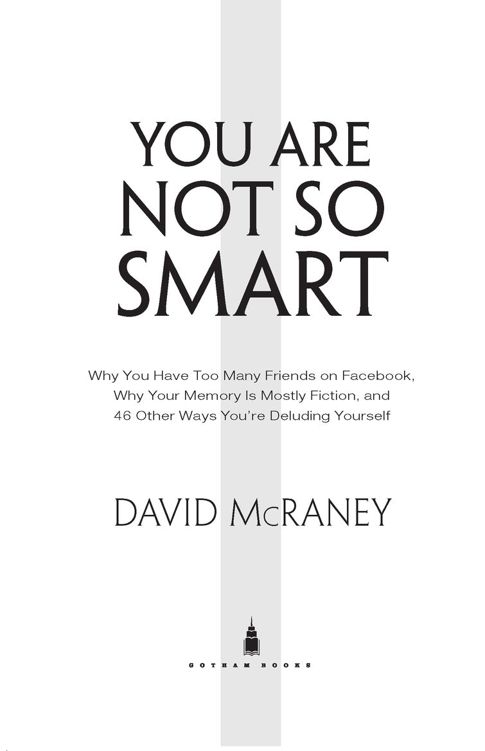Table of Contents
DUTTON
Published by Penguin Group (USA) Inc.
375 Hudson Street, New York, New York 10014, U.S.A.
Penguin Group (Canada), 90 Eglinton Avenue East, Suite 700, Toronto, Ontario M4P
2Y3, Canada (a division of Pearson Penguin Canada Inc.) Penguin Books Ltd, 80
Strand, London WC2R 0RL, England Penguin Ireland, 25 St. Stephens Green, Dublin
2, Ireland (a division of Penguin Books Ltd) Penguin Group (Australia), 250 Camber
well Road, Camberwell, Victoria 3124, Australia (a division of Pearson Australia Group
Pty Ltd) Penguin Books India Pvt Ltd, 11 Community Centre, Panchsheel Park, New
Delhi110 017, India Penguin Group (NZ), 67 Apollo Drive, Rosedale, Auckland 0632,
New Zealand (a division of Pearson New Zealand Ltd) Penguin Books (South Africa)
(Pty) Ltd, 24 Sturdee Avenue, Rosebank, Johannesburg 2196, South Africa
Penguin Books Ltd, Registered Offices: 80 Strand, London WC2R 0RL, England
Published by Dutton, a member of Penguin Group (USA) Inc.
First printing, November 2011
Copyright 2011 by David McRaney
All rights reserved
REGISTERED TRADEMARKMARCA REGISTRADA
LIBRARY OF CONGRESS CATALOGING-IN-PUBLICATION DATA
has been applied for.
ISBN : 978-1-101-54535-5
Without limiting the rights under copyright reserved above, no part of this publication may be reproduced, stored in or introduced into a retrieval system, or transmitted, in any form, or by any means (electronic, mechanical, photocopying, recording, or otherwise), without the prior written permission of both the copyright owner and the above publisher of this book.
The scanning, uploading, and distribution of this book via the Internet or via any other means without the permission of the publisher is illegal and punishable by law. Please purchase only authorized electronic editions, and do not participate in or encourage electronic piracy of copyrighted materials. Your support of the authors rights is appreciated.
While the author has made every effort to provide accurate telephone numbers and Internet addresses at the time of publication, neither the publisher nor the author assumes any responsibility for errors, or for changes that occur after publication. Further, the publisher does not have any control over and does not assume any responsibility for author or third-party websites or their content.
http://us.penguingroup.com
For Jerry, Evelyn, and Amanda
INTRODUCTION
You
THE MISCONCEPTION: You are a rational, logical being who sees the world as it really is.
THE TRUTH: You are as deluded as the rest of us, but thats OK, it keeps you sane.
You hold in your hands a compendium of information about self-delusion and the wonderful ways we all succumb to it.
You think you know how the world works, but you really dont. You move through life forming opinions and cobbling together a story about who you are and why you did the things you did leading up to reading this sentence, and taken as a whole it seems real.
The truth is, there is a growing body of work coming out of psychology and cognitive science that says you have no clue why you act the way you do, choose the things you choose, or think the thoughts you think. Instead, you create narratives, little stories to explain away why you gave up on that diet, why you prefer Apple over Microsoft, why you clearly remember it was Beth who told you the story about the clown with the peg leg made of soup cans when it was really Adam, and it wasnt a clown.
Take a moment to look around the room in which you are reading this. Just for a second, see the effort that went into not only what you see, but the centuries of progress leading to the inventions surrounding you.
Start with your shoes, and then move to the book in your hands, then look to the machines and devices grinding and beeping in every corner of your lifethe toaster, the computer, the ambulance wailing down a street far away. Contemplate, before we get down to business, how amazing it is humans have solved so many problems, constructed so much in all the places where people linger.
Buildings and cars, electricity and languagewhat a piece of work is man, right? What triumphs of rationality, you know? If you really take it all in, you can become enamored with a smug belief about how smart you and the rest of the human race have become.
Yet you lock your keys in the car. You forget what it was you were about to say. You get fat. You go broke. Others do it too. From bank crises to sexual escapades, we can all be really stupid sometimes.
From the greatest scientist to the most humble artisan, every brain within every body is infested with preconceived notions and patterns of thought that lead it astray without the brain knowing it. So you are in good company. No matter who your idols and mentors are, they too are prone to spurious speculation.
Take the Wason Selection Task as our first example. Imagine a scientist deals four cards out in front of you. Unlike normal playing cards, these have single numbers on one side and single colors on the other. You see from left to right a three, an eight, a red card, and a brown card. The shifty psychologist allows you to take in the peculiar cards for a moment and poses a question. Suppose the psychologist says, I have a deck full of these strange cards, and there is one rule at play. If a card has an even number on one side, then it must be red on the opposite side. Now, which card or cards must you flip to prove Im telling the truth?
Rememberthree, eight, red, brownwhich do you flip?
As psychological experiments go, this is one of the absolute simplest. As a game of logic, this too should be a cinch to figure out. When psychologist Peter Wason conducted this experiment in 1977, less than 10 percent of the people he asked got the correct answer. His cards had vowels instead of colors, but in repetitions of the test where colors were used, about the same number of people got totally confused when asked to solve the riddle.
So what was your answer? If you said the three or the red card, or said only the eight or only the brown, you are among the 90 percent of people whose minds get boggled by this task. If you turn over the three and see either red or brown, it does not prove anything. You learn nothing new. If you turn over the red card and find an odd number, it doesnt violate the rule. The only answer is to turn over both the eight card and the brown card. If the other side of the eight is red, youve only confirmed the rule, but not proven if it is broken elsewhere. If the brown has an odd number, you learn nothing, but if it has an even number you have falsified the claims of the psychologist. Those two cards are the only ones which provide answers. Once you know the solution, it seems obvious.
What could be simpler than four cards and one rule? If 90 percent of people cant figure this out, how did humans build Rome and cure polio? This is the subject of this bookyou are naturally hindered into thinking in certain ways and not others, and the world around you is the product of dealing with these biases, not overcoming them.
If you replace the numbers and colors on the cards with a social situation, the test becomes much easier. Pretend the psychologist returns, and this time he says, You are at a bar, and the law says you must be over twenty-one years old to drink alcohol. On each of these four cards a beverage is written on one side and the age of the person drinking it on the other. Which of these four cards must you turn over to see if the owner is obeying the law? He then deals four cards which read:

